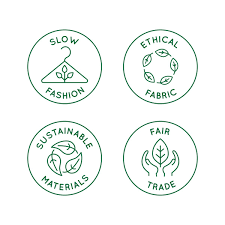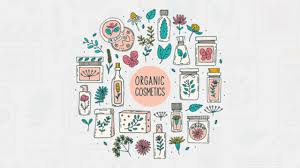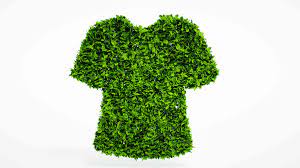Scholars across the globe have argued that it is imperative for our modern society to develop in more sustainable ways. The COVID 19 Pandemic has reinforced the significance and necessity of the idea of sustainability more than ever before. Sustainability in the fashion and cosmetics space refers to encouraging the production and consumption of products and accessories that have been manufactured and promoted in the most ethical and ecologically friendly manner possible. It is not just about making the existing business models and production processes compatible with the idea of sustainability, but also about encouraging the general public to reuse and recycle the products as much as they can.

Historically, the over production and over consumption of material goods has led to environmental degradation. Brands and companies are usually reluctant to adopt eco friendly practices. They believe that such practices will lead to an increase in the cost of production, which in turn will decrease their profit margin. These companies can be compelled to adopt eco friendly strategies only by encouraging the consumers to make the right choices in terms of purchasing ethically manufactured products.

The fashion industry alone is responsible for almost 20 percent of the global industrial water pollution. Carcinogenic chemicals that have been found in makeup products are not only hazardous for the environment, but also for human beings. Substances such as micro plastics that are found in several skin care products (such as the ones used for exfoliation), pose a serious threat to marine ecosystems. Ethical disposal of waste is a major challenge faced by the fashion and cosmetics industry. The chemicals and materials that are used to manufacture these products, make it impossible for them to be recycled. Sustainability in these industries also refers to better working conditions for industrial employees.

The first step towards ensuring the adoption of sustainable practices in the fashion and beauty industry is spreading awareness. It is important to educate consumers about the environmental and socio economic costs of conventional methods of production, and about the future consequences of not adopting eco friendly practices. Their demands play a crucial role in shaping sustainable practices and actions. People must be encouraged to opt for natural materials such as silk, cotton and other cellulose fibres that are biodegradable and thus, easy to use and discard. They must look for fabrics that are made out of recycled fibres. The environmental impact of dyes cannot be ignored. Hence, people should only opt for fabrics that use plant based non toxic dyes.

The fashion and cosmetics industry has a high carbon footprint due to high packaging and transportation costs. While several brands such as Nykaa have started using sustainable packaging alternatives (such as cardboard and paper bubble wrap), we must also encourage consumers to purchase goods that have been manufactured using locally procured raw materials. Instead of purchasing cheap products, one must buy good quality durable items that have a longer shelf life. The cosmetics industry can be made more sustainable by encouraging the consumers to opt for herbal and organic products (which are also good for the skin) and by promoting local brands that use sustainable practices to secure the future of the planet.





